US Ambassador Matthew Whitaker, President Donald Trump's envoy to NATO, has called for European allies to take a more aggressive approach to Moscow and move forward with plans to tap immobilized Russian assets to fund Ukraine's war effort. Speaking with Bloomberg's Oliver Crook in Berlin on the sidelines of the Berlin Security Conference, Whitaker emphasized the need for a more assertive stance against Russia.
According to Whitaker, the EU should take an "aggressive" line on Russia, citing the need for a unified response to Moscow's actions in Ukraine. "We need to be more aggressive in our approach to Russia," Whitaker said. "We need to be more united in our response to their actions in Ukraine." When asked about the potential risks of such an approach, Whitaker acknowledged that it would require careful consideration, but emphasized that the benefits of a more aggressive stance outweighed the potential costs.
The call for a more aggressive approach to Russia comes as the conflict in Ukraine continues to escalate. The war has had significant economic and humanitarian impacts, with millions of people displaced and widespread destruction of infrastructure. The EU has imposed several rounds of sanctions on Russia in response to its actions, but Whitaker believes that more needs to be done.
Whitaker's comments also highlight the ongoing tensions between the US and Russia, which have been strained in recent years over issues such as Ukraine, Syria, and cybersecurity. The US has imposed several rounds of sanctions on Russia, and has also taken steps to increase its military presence in Eastern Europe.
The idea of tapping immobilized Russian assets to fund Ukraine's war effort is not new, but it has gained traction in recent months as the conflict has continued to escalate. The plan would involve seizing Russian assets that are currently frozen or immobilized, such as bank accounts or real estate, and using the proceeds to fund Ukraine's military efforts.
Whitaker's comments have been welcomed by some, who see them as a sign of a more assertive US approach to Russia. However, others have expressed concerns that a more aggressive stance could lead to further escalation and increased tensions. The EU is currently considering a range of options for responding to Russia's actions in Ukraine, and it remains to be seen how Whitaker's comments will influence the debate.
As the situation in Ukraine continues to unfold, it is clear that the EU and the US will need to work together to find a solution. The conflict has significant implications for global security and stability, and it is likely to continue to be a major focus of international attention in the coming months.
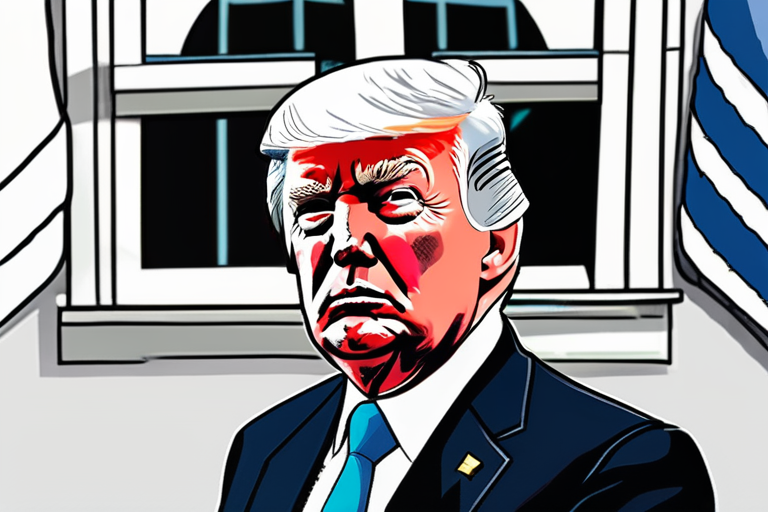

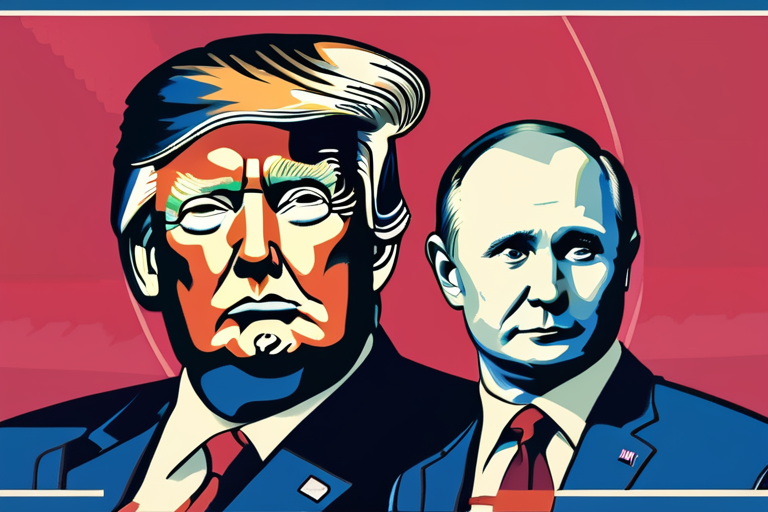
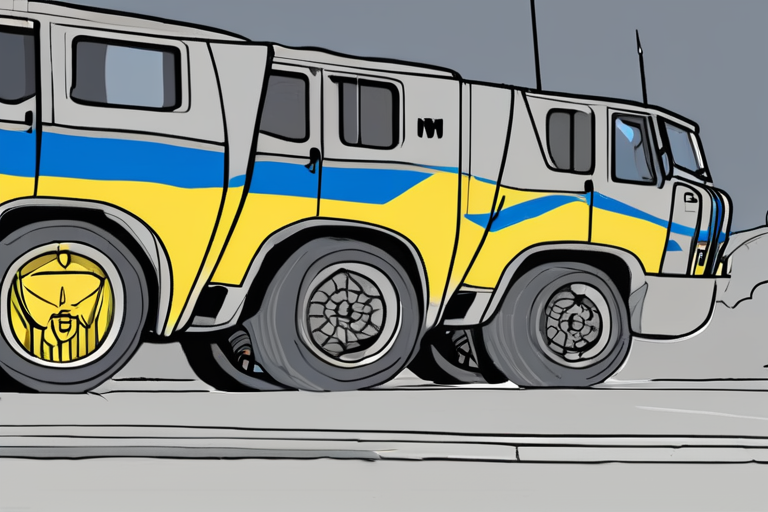
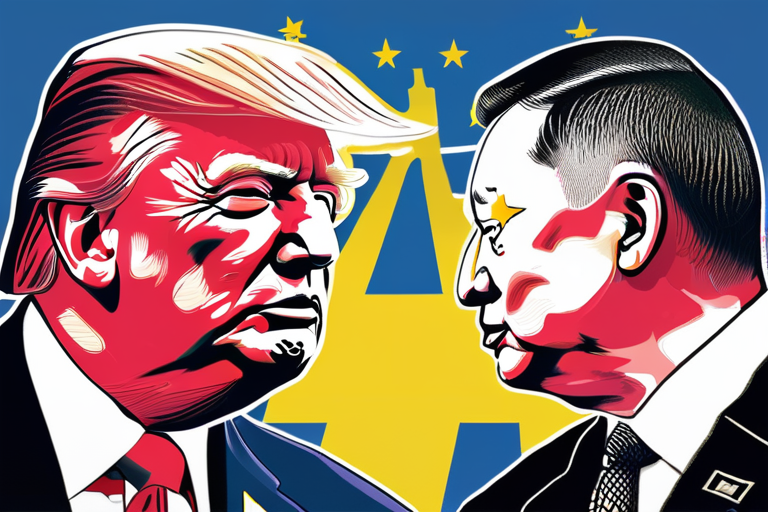
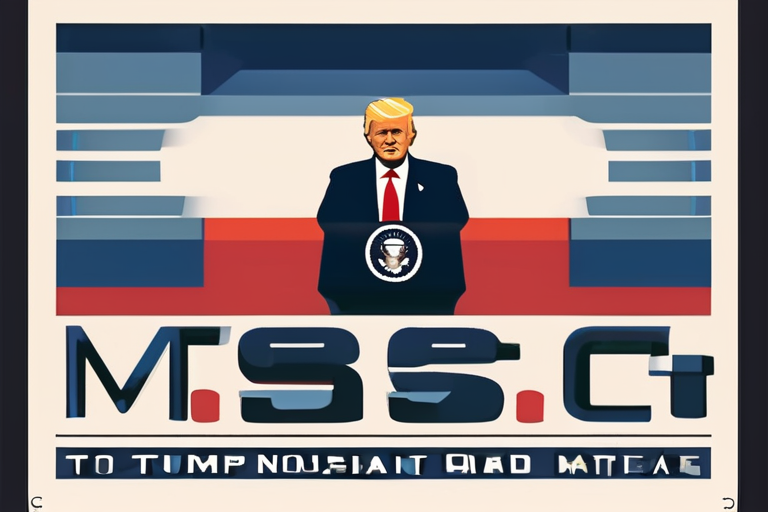


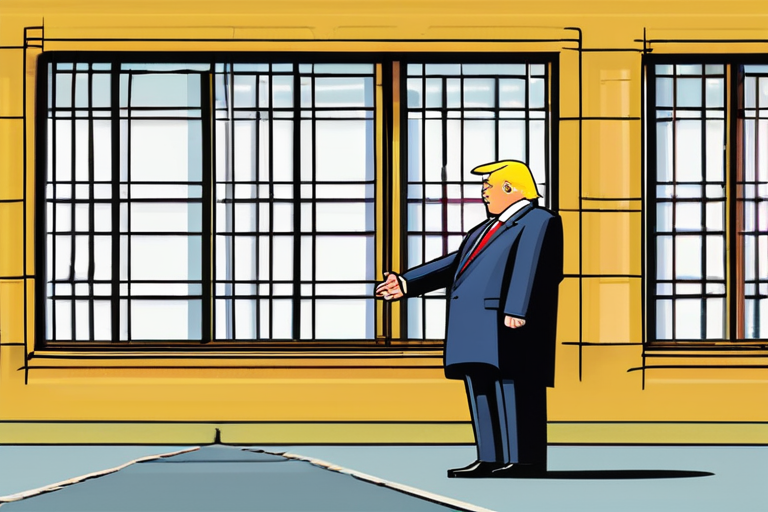
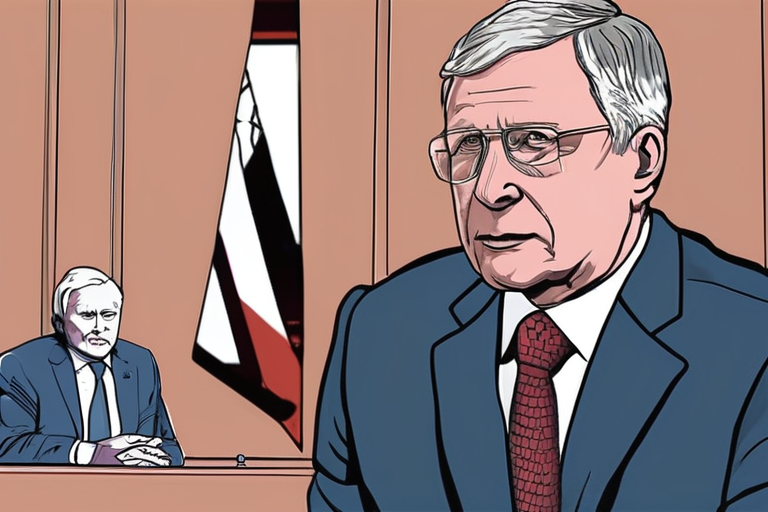
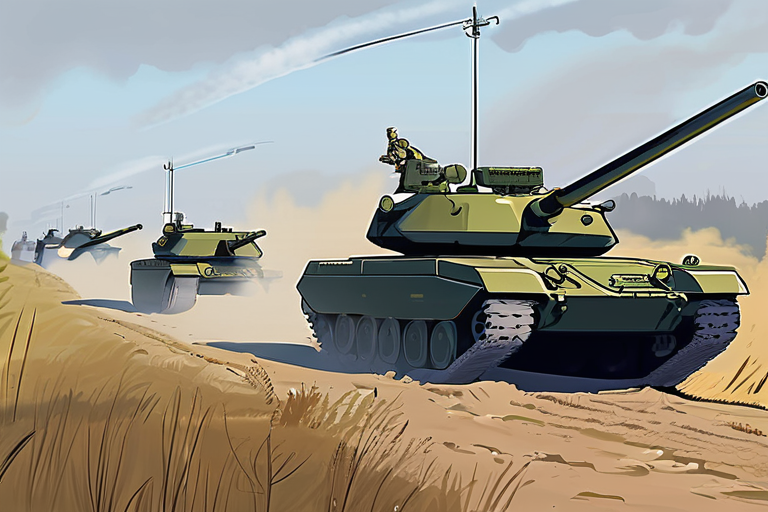
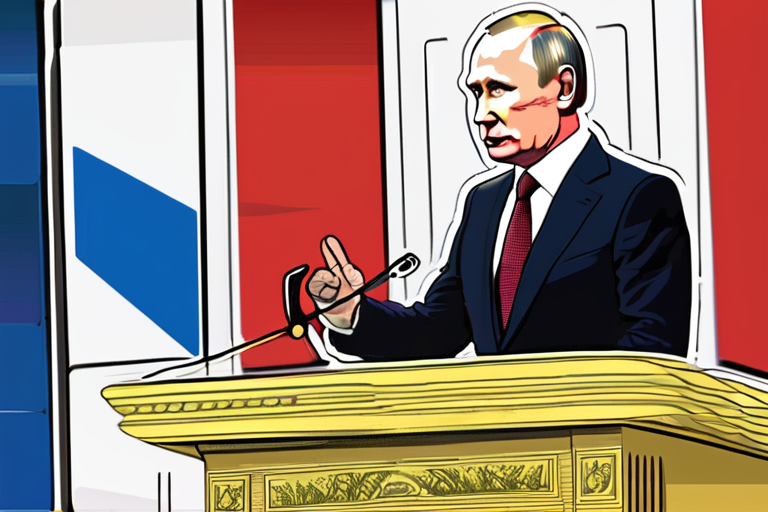
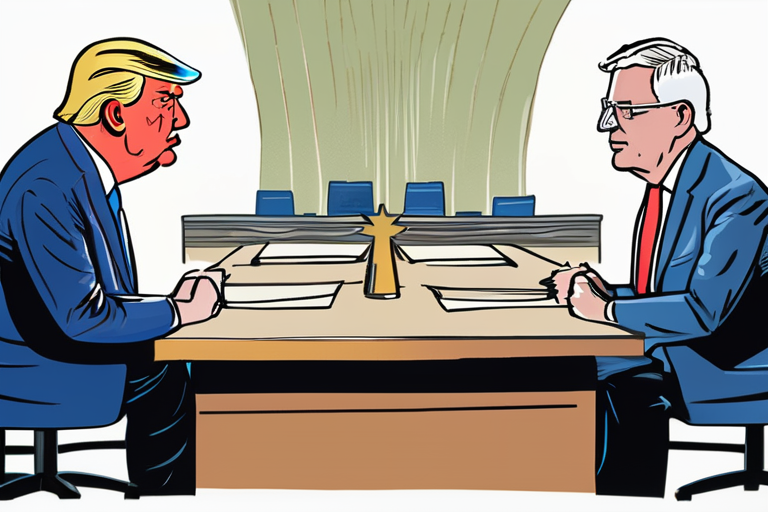
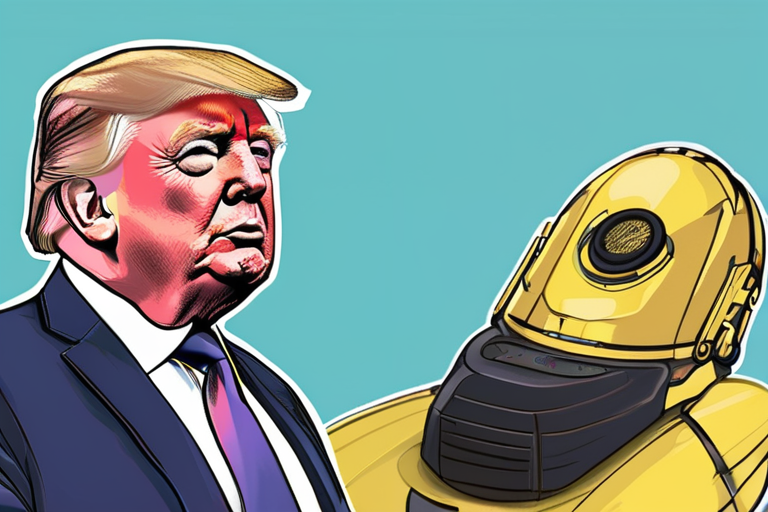

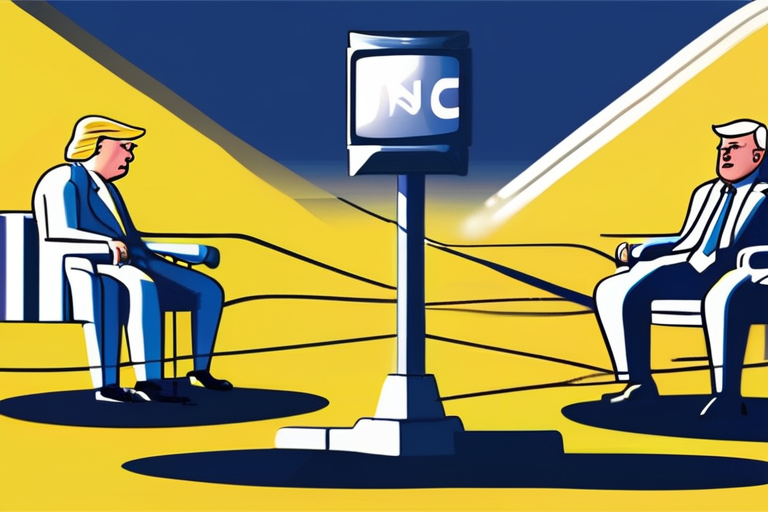
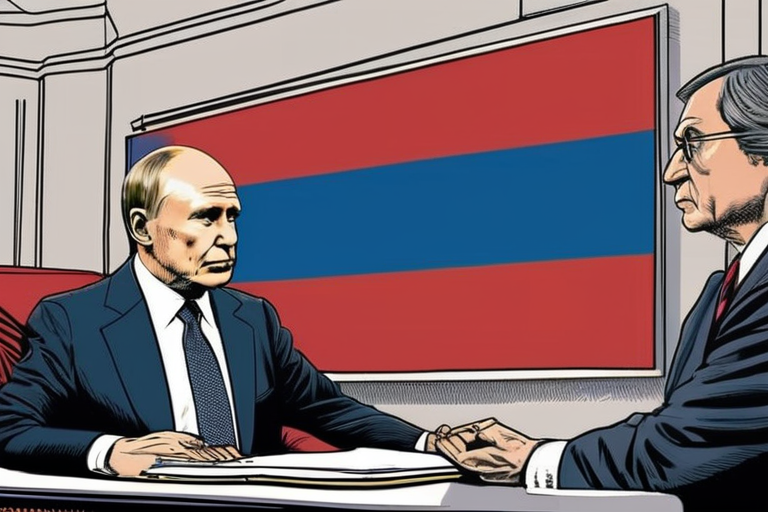
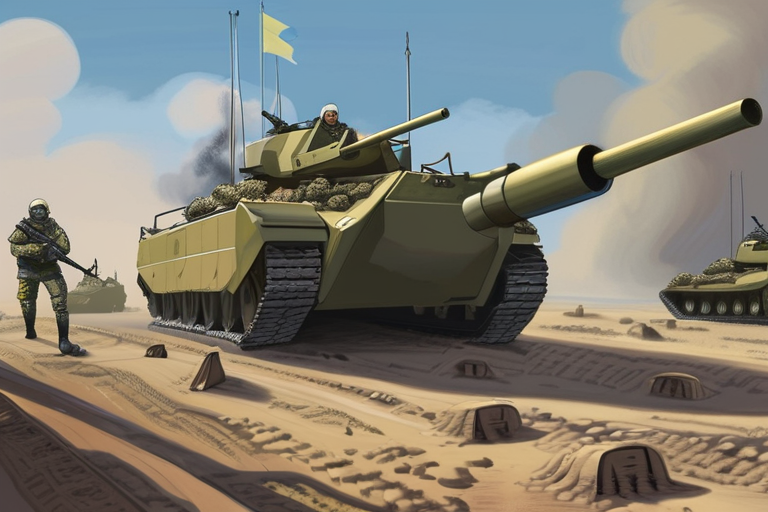

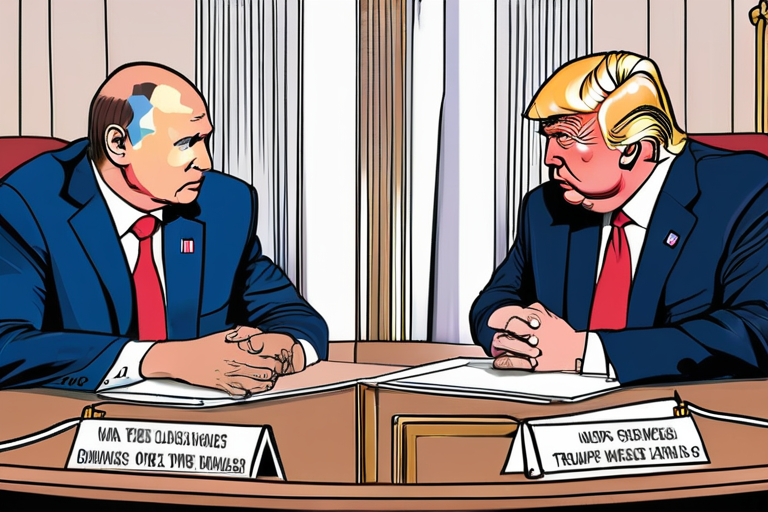
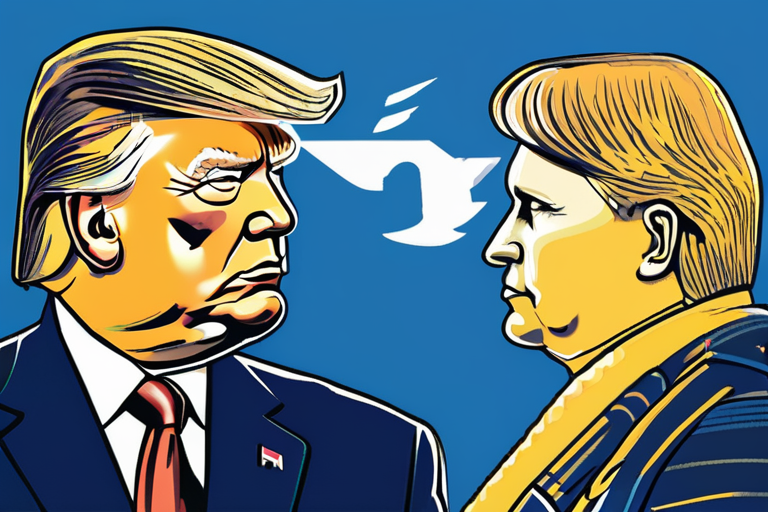
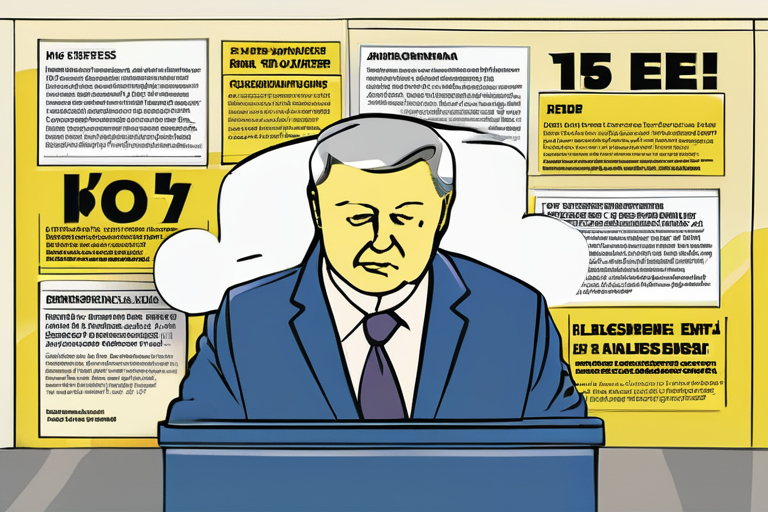
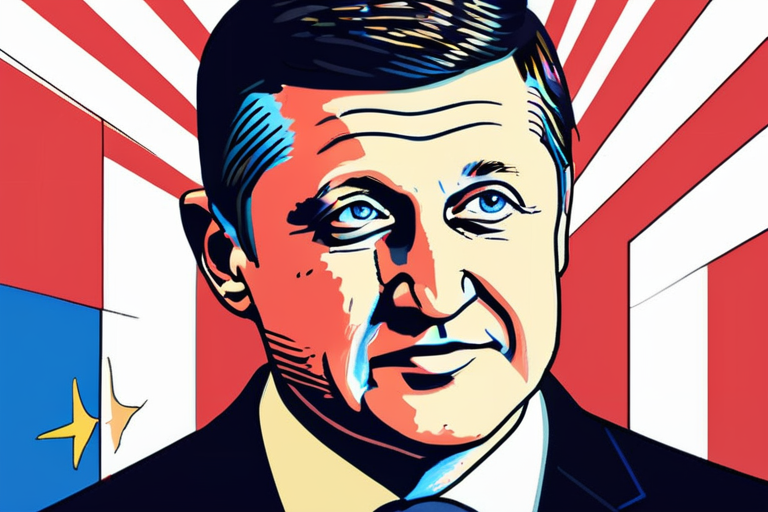
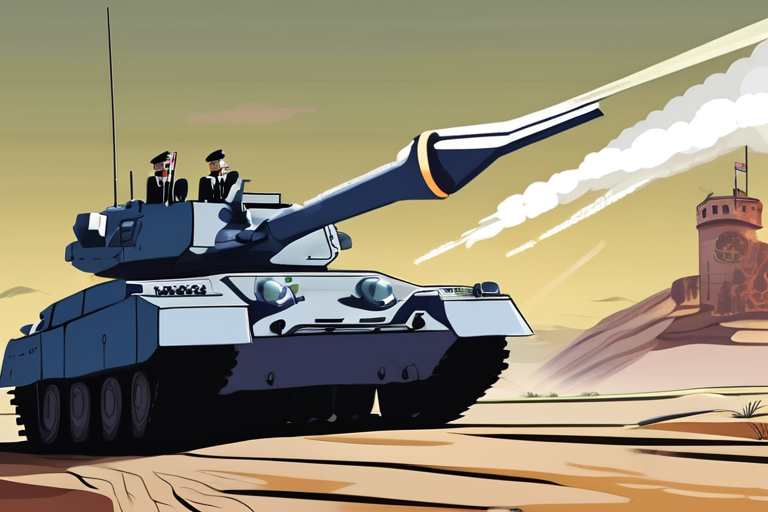
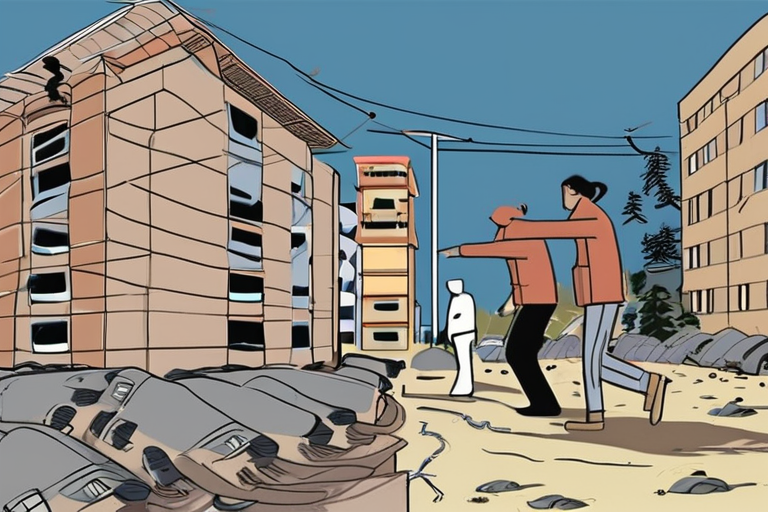
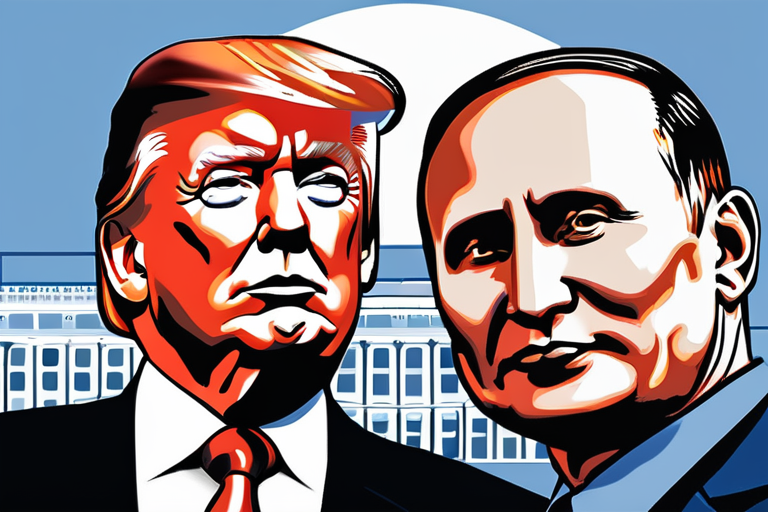
Share & Engage Share
Share this article